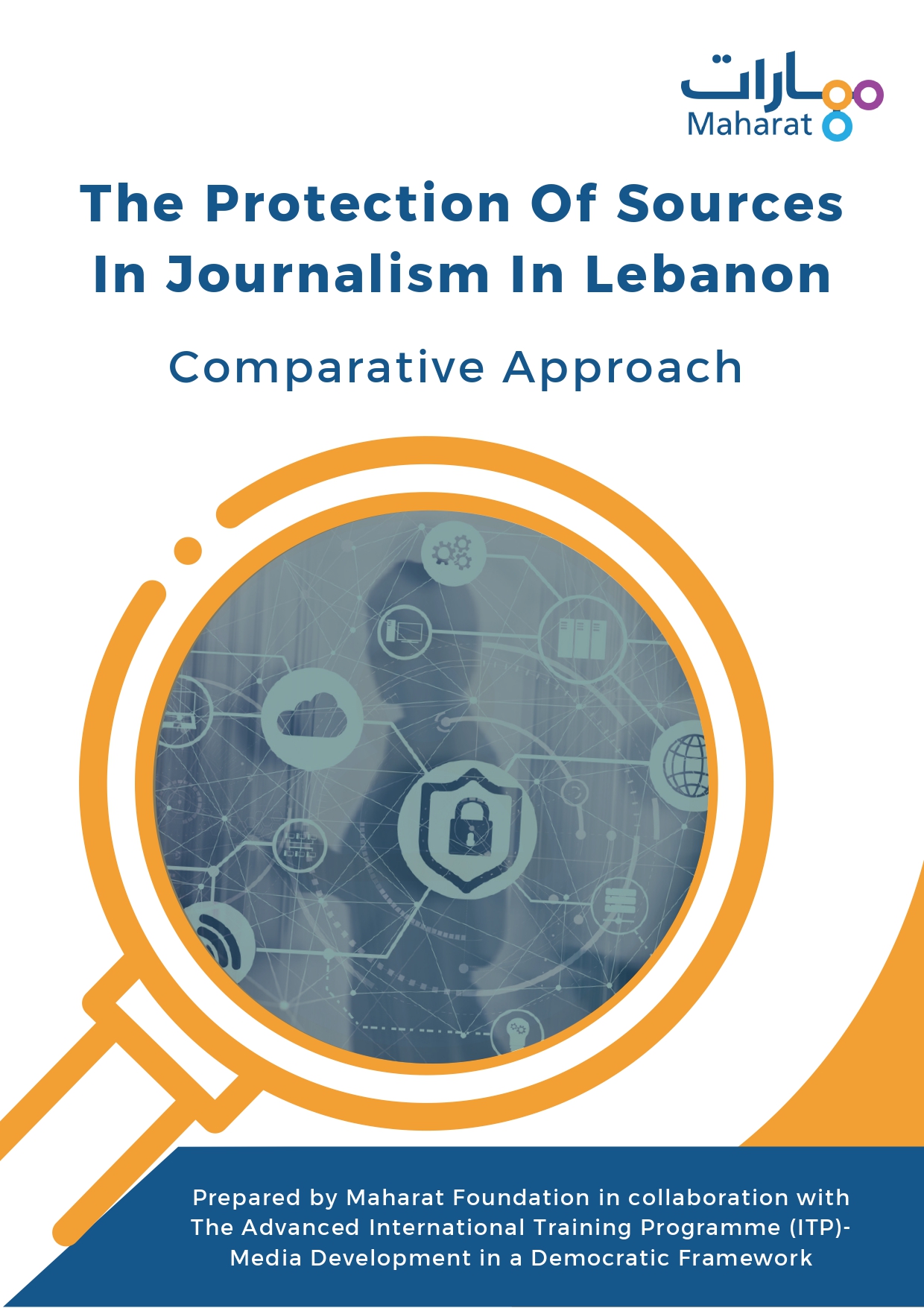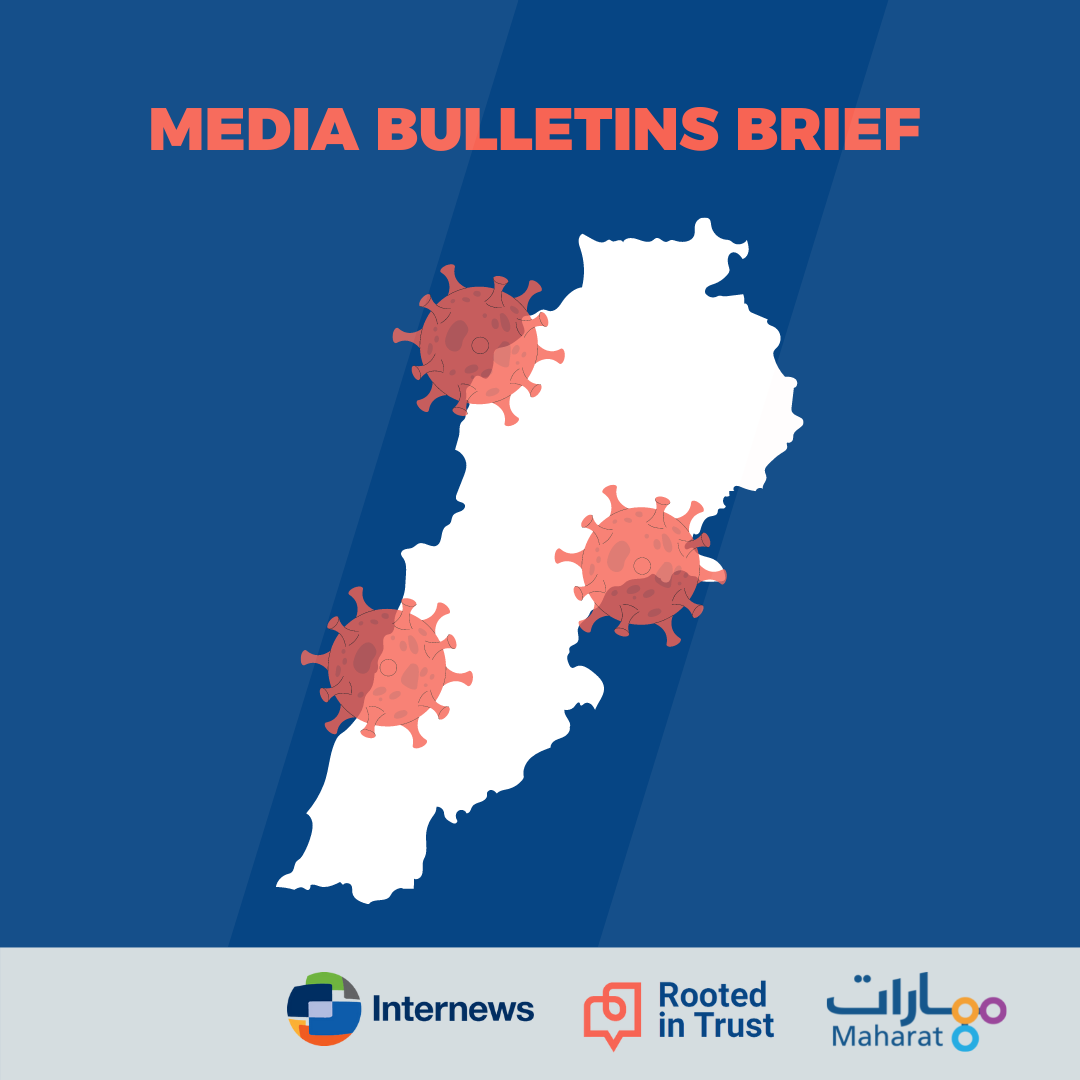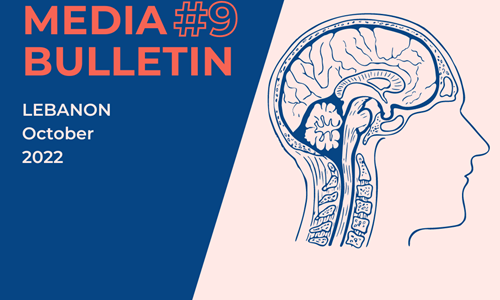
The Protection Of Sources In Journalism In Lebanon
This study titled “The Protection of Sources in Journalism in Lebanon: A Comparative Approach” was prepared by Maharat Foundation in cooperation with the advanced International Training Programme- Media Development in a Democratic Framework. It seeks to answer the following questions: How does the protection of sources in Journalism in Lebanon manifest, when compared to the international standards and best practices from comparative cases, and which entity provides most protection? Does it fall only under regulation or do syndicates, press unions and councils have any role?
In order to provide answers to these questions, this study reviews the international principles in the field of protecting journalistic sources. It also offers insights into the experiences of democratic countries in this regard, such as France, Denmark, the United Kingdom, Sweden, and the United States by highlighting how they organized this issue and where the protection of journalists’ sources is tenable (in the law, jurisprudence, or in the professional rules used by the media).
The study also presents an overview of provisions pertaining to the protection of journalists in Lebanon, highlighting the challenges encountered in achieving this objective and shedding light on the national initiatives to protect sources in journalism.
Additionally, it draws a comparison between the protection of journalists in Lebanon and international standards which reveals that the Lebanese constitution offers moderate protection of the rights to freedom of expression and the protection of journalistic sources, despite the references to the Universal Declaration on Human Rights and the ICCPR in its preamble. Thus, relevant articles of the Constitution fail to clearly provide that any restriction on these rights must be postulated by law, follow a legitimate objective as thoroughly listed in Article 19 (3) of the ICCPR and be compulsory and proportionate in a democratic society.
Likewise, the Press Law adopts a corporatist approach to journalism, treating the press as a distinct and narrow profession rather than as a general activity that any individual can engage in. Although the Press Law contains no explicit provision requiring journalists to obtain a license to practice their profession, the Press Association Roll Committee suggests that journalists who are not admitted to the roll, are practicing their profession illegally and risk being sanctioned with imprisonment. Hence, the Press Law is incompatible with international law and best practice in the area of media regulation. Furthermore, the journalist community is under tight government control and the imprisonment sanction is still present in the Publications Law, which does not align with international standards.
Finally, the study provides a set of recommendations to ensure adequate protection. These recommendations are detailed below:
- The Lebanese laws should be brought in line with international standards of freedom of expression and provide that any restriction on freedom of expression must be stipulated by law, pursue a legitimate aim as defined under Article 19 of the International Covenant on Civil and Political Rights and be necessary and proportionate. Additional protection measures for journalists should be added to the laws, including the whistleblower protection.
- Certainly, broadening the legal definition of 'journalist' to ensure adequate protection is needed, and case law is catching up progressively on the issue of redefinition. And this first step opens up debates about licensing and registering those who do journalism and wish to be recognized for protection of their sources.
- Self-regulation of the press should be discussed deeply acknowledging the challenges in a divided country such as Lebanon. Small initiatives can be launched inside each media institution and between individual journalists, like the case of the Editors’ syndicate elections, to add internal policies that provide wider protection for working journalists. Other initiatives can also be launched between journalists themselves outside their institutional framework. Media owners have also strong connections and interest with the state authorities and any initiative should be scrutinized in order to avoid self-censorship.
- Engaging with unions, judiciary, journalists to enroot the culture of protection of sources.
Check out the report:
The Protection Of Sources In Journalism In Lebanon





